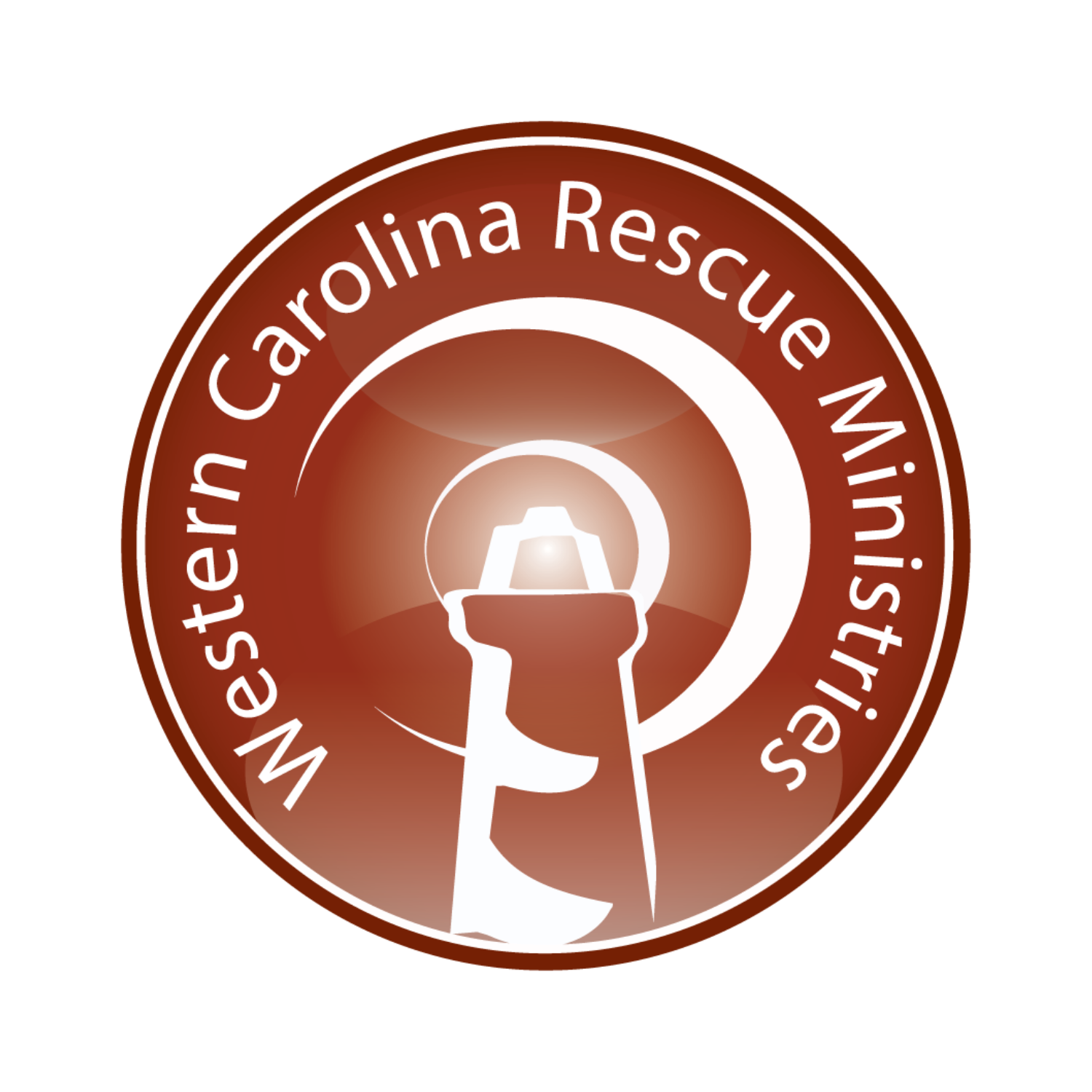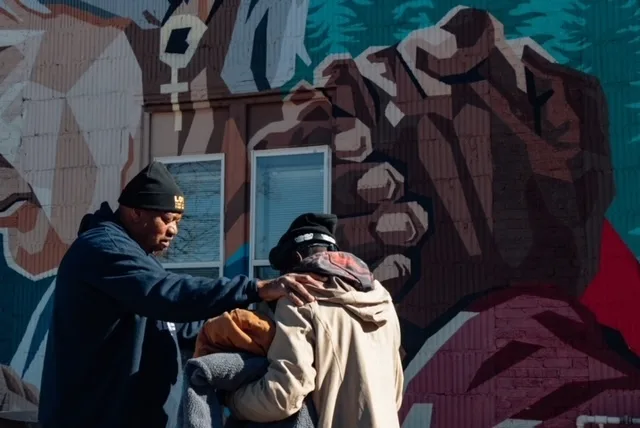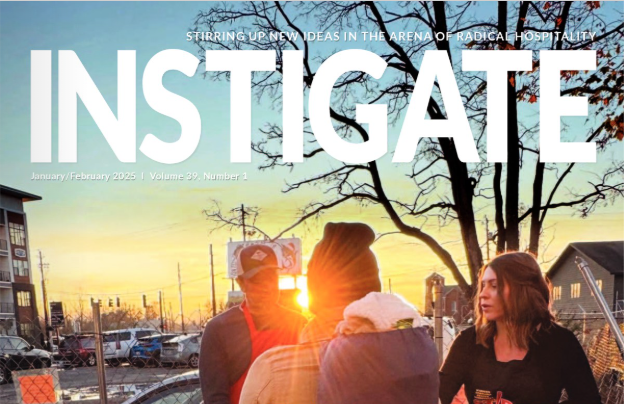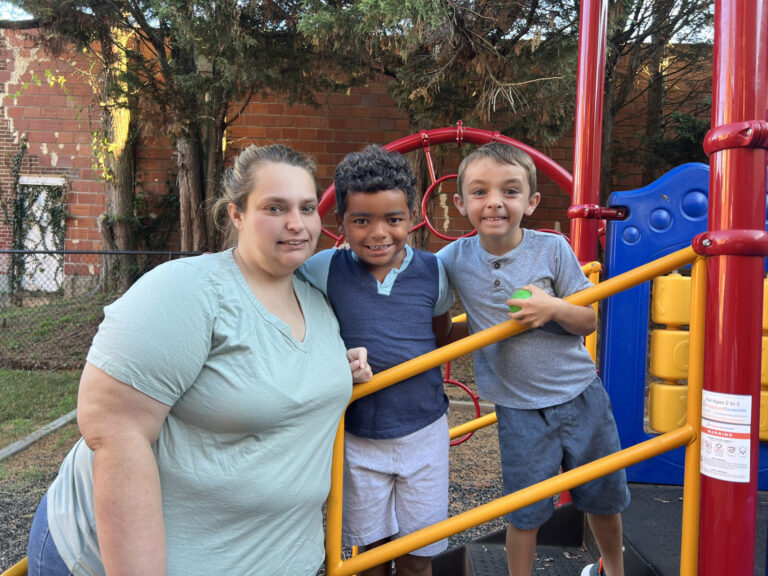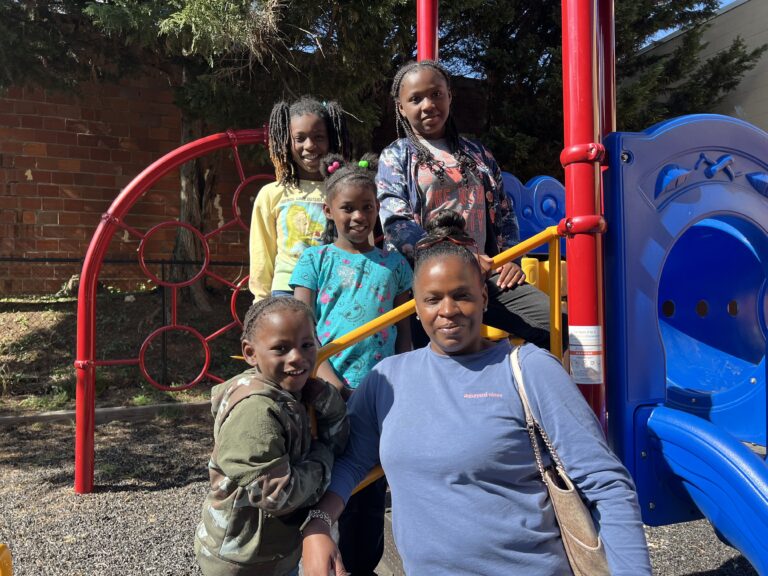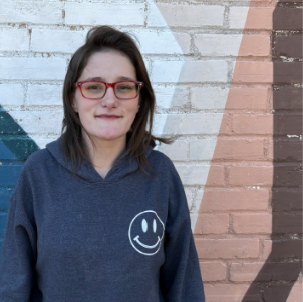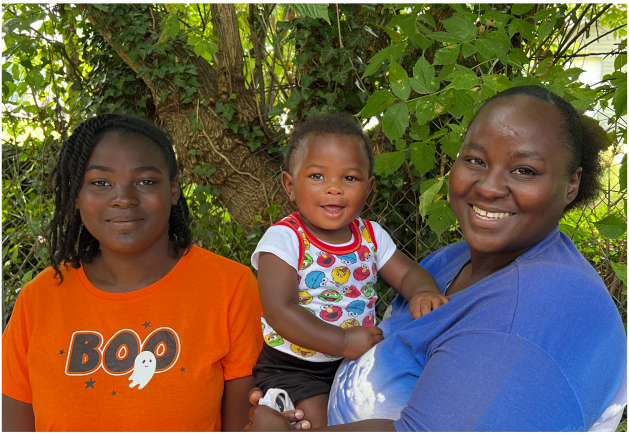Western Carolina Rescue Ministries Seeks Resources to Multiply, Transforming Lives Affected by Homelessness & Addiction
WCRM is seeking support for its operations, which involve four intensive programs that help men and women recover from addiction and homelessness by addressing their root causes.
Asheville, North Carolina, June 10, 2024 (GLOBE NEWSWIRE) — Western Carolina Rescue Ministries (WCRM) a non-profit, faith-based organization based in Western North Carolina, is seeking funding and donations to support its programs that meet the needs of people struggling with homelessness and substance addiction.
A nondenominational ministry, WCRM serves people in crisis regardless of their beliefs, seeking to fulfill their immediate needs, stabilize their situation, and invest in their future to move forward. Founded 44 years ago, WCRM has three core components – Rescue, Recovery, and Restoration – which involve reaching individuals in crisis, treating them with respect and dignity, and guiding them toward healthy, productive lives.
According to Micheal Woods, WCRM’s executive director, there is no one-size-fits-all solution to the problems of homelessness and addiction in the US, which is why the organization looks to address the root causes behind this problem and prevent “long-term clients”, or people who fall back into their old ways.
“I believe that there is a need for a multifaceted approach, where there are multiple ways that people find themselves entering into homelessness. There must be an individualized approach in helping individuals who have found themselves stuck in response to their particular trauma,” Woods says. “Many existing programs deal with poverty by subsidizing it, creating conditions for people to choose a life in poverty. Our approach is that we believe that, even if you’re living in poverty, that’s not your final destination, and that’s not the best you can have in life. All of our programs are designed to stabilize and equip people, and create a pathway for their journey, creating a community where they can flourish and be more.”
WCRM has four main programs: men’s substance abuse recovery, women’s substance abuse recovery focusing on mothers who are pregnant or have young children, men’s homeless shelter, and women’s homeless shelter.
The men’s recovery program is a free-of-charge, nine-month residential program for men 18 years and above. It includes an intense life training course that equips men to turn away from addiction and gain the resources and support necessary to build a new life, which includes finding meaningful employment, restoring family relationships, and living a transformed sober life.
WCRM’s women’s substance abuse recovery program, known as Abba’s House, is a six-month residential program for women who are pregnant or have children below the age of six. Mother and child go through recovery together in a family-like atmosphere, with childcare services provided when the mother is working. According to WCRM, having the child together with the mother helps in both the child’s development and the mother’s recovery, strengthening their bond and inspiring mothers to do their best to complete the program and avoid relapsing.
“Our end goal is not just stopping people from drinking or taking drugs. We believe in addressing the root cause of trauma or whatever led them to go down that path,” Woods says. “If we can help solve that, then people will be able to walk away from a substance and have the self-control to never go back. That’s the main goal of our programs.”
The Joshua Plan and Women of Worth are WCRM’s homeless shelter programs for men and women, respectively. These programs are more than a place to stay. They offer a range of support services, such as employment assistance to counseling, aimed at addressing the root causes of homelessness and helping men and women achieve independence and dignity. With up to one-third of homeless adults suffering from severe mental illness, WCRM recognizes the importance of mental health support, providing various services to improve people’s mental health conditions as a foundational step.
According to Woods, having a concrete plan for recovery and post-shelter employment has worked wonders for people staying at WCRM’s shelters. Once they have been stabilized, WCRM’s social workers and rescue directors help them to get back on the right path. He adds employers have approached WCRM to help them look for staff because they know that the people staying in the shelter have a solid life plan, have a place to sleep, are well-fed, and haven’t been out drinking the night before.
“Currently, 80% of individuals staying at our shelter are either working or going to school every day. They are saving money, where several have saved roughly $10,000 or more over a twelve-month period,” says Woods.
There are many ways for individuals and organizations to contribute and make a meaningful impact with WCRM. The organization accepts volunteers for various roles and tasks, as well as cash and material donations.
“Every resource that we receive, we multiply in a way that becomes life-changing for a person struggling with homelessness or addiction,” Woods says. “Aside from monetary donations, we also take donations of clothing and food, because we are feeding so many people. We take each gift that was given in love, and we then apply love to it, mix it all together, and spread it among our clients. We make sure that we give them the very best because we believe in showing love extravagantly.”

